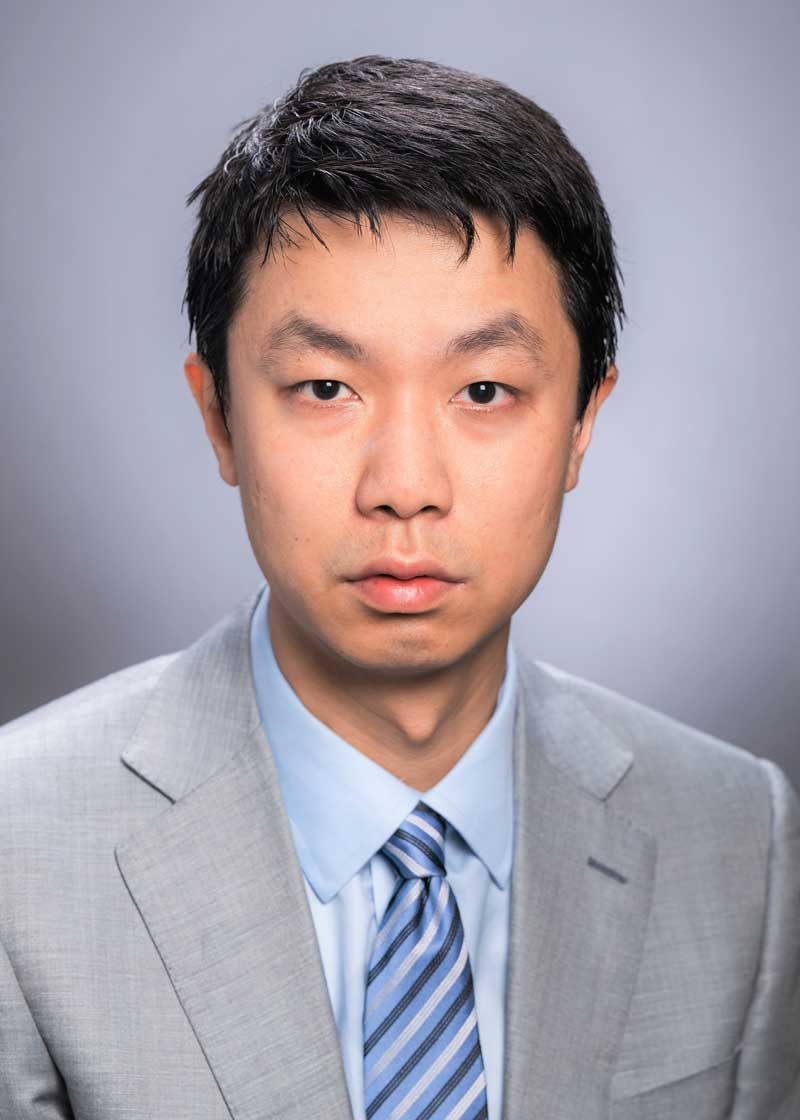Visiting Assistant Professor
Heritage Hall 360S
(205) 934-8696
Research and Teaching Interests: Modern China, Modern Japan, U.S. foreign relations, economic history, monetary and fiscal policies, banking, rural finance, state-society relation, empire & colonialism, the history of Manchuria, and East Asian cultures.
Education:
- B.A., Sun Yat-sen (Zhongshan) University, Guangzhou, China
- M.A., University of Iowa
- Ph.D., University of Iowa
Aiqi Liu specializes in the history of China, Japan, and U.S. foreign relations with research interests focusing on the history of economy, finance, and money in East Asia during the late 19th and early 20th centuries. His research examines the creation of modern money in China by focusing on the largest government bank in Manchuria and the ways it implemented the first large-scale promulgation of state fiat money in China from 1900 to 1932. The research reexamines the mechanism of how this new currency circulated to rural communities and the effect on the relationship between the state, the rural elites, and the masses. It also sheds light on the unexplored competition in finance among China, Japan, Russia, and the United States in Manchuria and the unknown origin of the Second World War in East Asia.
Dr. Liu’s current book project, From Feudalism to Socialism: Money, Credits, and Debts in Manchuria, 1897 to 1949, is the first comprehensive study of the modernization of the fiscal and monetary system and its transformative impact on the state-society relations in pre-communist China. Built on archival data and documents from China, Japan, and the U.S., the book provides a critical narrative on the continuous development of modern banking and the tax system in Manchuria under four different governments: the Qing Dynasty, the warlord government, the Japanese colonial government, and the Communist regime during the Civil War. The book not only provides key understandings of China’s transition to a modern fiscal state but also offers insights into the social revolution that led to the communist victory of 1949.
Dr. Liu’s research is supported by multiple research grants and fellowships. He spent substantial time conducting archival research in Japan and China. He was a Nippon Foundation Fellow (2016-17) at the Inter-University Center for Japanese Language Studies (IUC) at Yokohama and a Japan Foundation Fellow (2019-2020) at the University of Tokyo. He speaks Cantonese, Mandarin Chinese, and Japanese and reads both classical Chinese and Japanese.
-
Recent Courses
- Fall 2022: Modern China, World History since 1600
- Spring 2023: China-US Relations since 1776; World History since 1600
